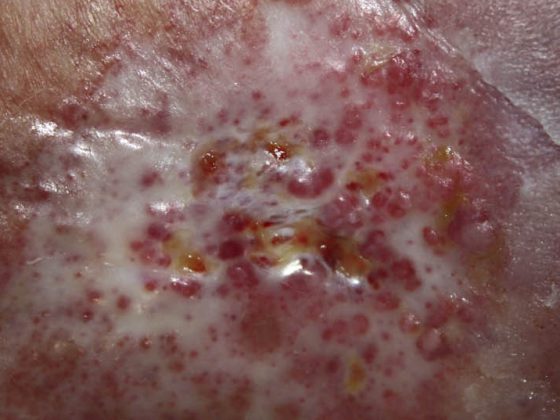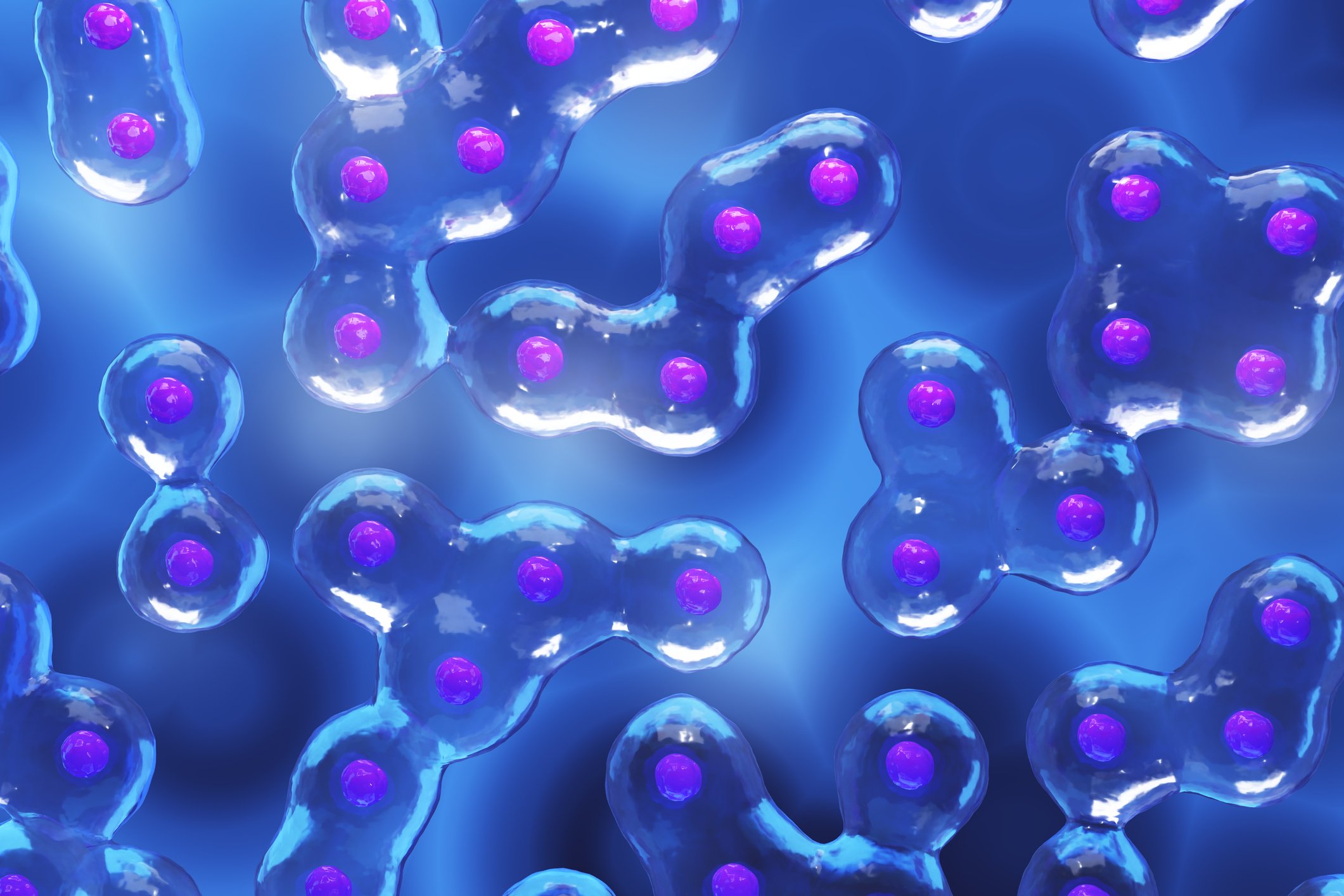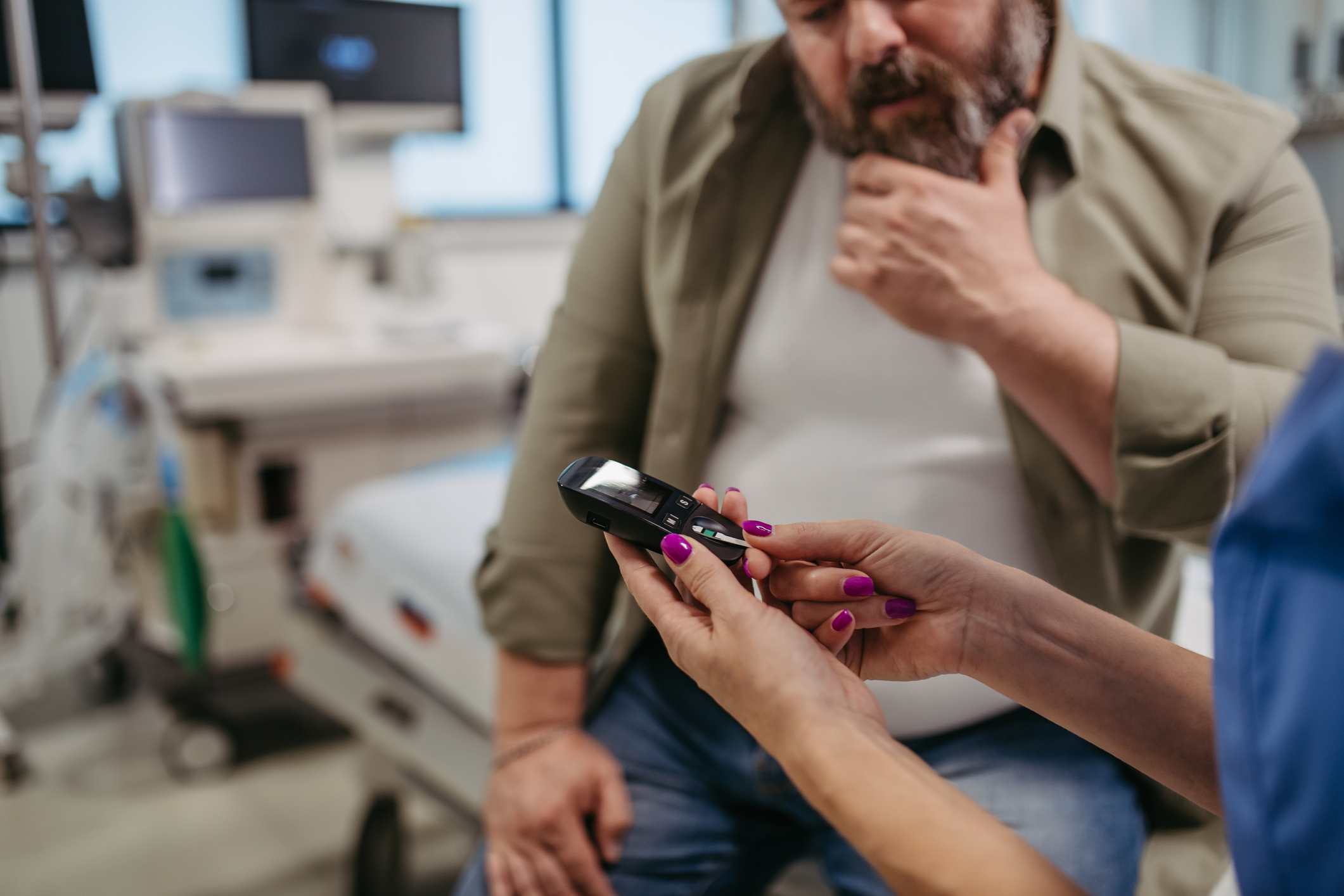The first heart transplants were performed at the Inselspital Bern a good 20 years ago. Together with former patients and professional colleagues, Prof. Paul Mohacsi, MD, Head of the Division of Heart Failure and Heart Transplantation at the University Department of Cardiology, and Prof. Thierry Carrel, MD, Director and Chief Physician of the University Department of Cardiovascular Surgery, Bern, looked back on successes and moving moments on Saturday, June 22, 2013. In addition, insights into current research and future possibilities of heart replacement procedures were shown.
The expert lectures were opened by a Swiss pioneer in cardiac surgery: Prof. Marko Turina, MD, Director Emeritus of the Clinic for Cardiovascular Surgery, Zurich. He presented an overview of the international and national history of heart transplantation. The early attempt to implant a chimpanzee heart into a patient with heart disease was followed by the world’s first transplant of a human heart in Cape Town in 1967. The surgery was only able to achieve short-term success – the patient died 18 days after the transplant. The Swiss also practiced in this area in the late 1960s. The results were similarly disappointing: because the first patient died of a nosocomial infection while still in the hospital shortly after transplantation, the second was sent home early. Two months later, however, he too died, probably from rejection. Internationally, the euphoria had died down in the early 1970s because of poor late results. It was not until research into endomyocardial biopsy as a rejection diagnostic in 1973 and the discovery of cyclosporine as an immunosuppressant in 1972 that the transplantation technique regained momentum. Survival rates improved significantly, with a survey at the University Hospital of Zurich showing that 73% of heart transplant patients were still alive five years after surgery and 62% another five years later. At the present time, however, the number of heart transplants is declining, Prof. Turina emphasized, not least because Switzerland has fewer and fewer donor hearts.
This trend was confirmed by Prof. Friedrich Eckstein, MD, Chief of Cardiac Surgery, and PD Otmar Pfister, MD, Head of the Heart Failure/Transplantation Unit, Basel. Basel University Hospital stopped its HTX program in 2006. After pre-evaluation and selection, patients from Northwestern Switzerland are therefore referred to Inselspital for the actual artificial heart implantation or transplantation, where early postoperative inpatient and outpatient care takes place. Basel will then take over long-term follow-up care again.
Donor shortage calls for new solutions
PD Dr. med. Giovanni Pedrazzini from the Cardiocentro Ticino punctuated his presentation about the ordeal of a young heart patient with oil paintings that the woman herself had painted. She, too, had to wait a very long time for a suitable heart. Prof. Dr. med. Augusto Gallino, head of the scientific commission of the Swiss Heart Foundation and former cardiological director of the heart transplantation program at the University Hospital of Zurich, sees a possible solution to the problem in the medium term in regenerative medicine, such as is being researched at the Houston Texas Heart Institute. The basic idea is that decellularization (removal of cells from the donor heart) is followed by re-cellularization (implantation of organ-specific cells from the patient into the organ scaffold), which in turn results in a new tissue scaffold with growth factors. With this new heart, the problem of rejection would be eliminated. Animal studies, especially in liver regeneration, are already relatively advanced. Human transplantation is not yet possible in the foreseeable future.
Michele Martinelli, MD, senior physician at the Department of Heart Failure/Heart Transplantation, Bern, Switzerland, focused more strongly on current options. In many patients with severe heart failure, the heart pump (ventricular assist device, VAD, such as HeartMate II, HeartWare or the rare CircuLite) is a plausible solution: Unlike transplantation, implantation can be planned. Especially since such systems can be selected individually in an optimal way and can also be used at short notice in case of emergency (i.e. black box patients). “Ultimately, the choice of the right heart replacement results from a dialogue between the physician and the patient,” Dr. Martinelli said.
Surgical challenges
PD Lars Englberger, M.D., Chief of Cardiac Surgery, and Prof. Alexander Kadner, M.D., Chief of Congenital Heart Defect Surgery, Bern, went into more detail about the surgical challenges. The actual implantation process can be performed bi-atrial or bi-caval, but in either case the logistics complicate the circumstances of the operation: “The donor heart must arrive as quickly and intact as possible from the deceased to the transplant candidate. Because the death of the donor can never be planned, all transplants remain by definition emergency procedures. Moreover, many patients have already undergone several previous operations (e.g. VADs), either to get on the waiting list in the first place (bridge-to-candidacy), or to survive until transplantation (bridge-to-transplant),” says Dr. Englberger. Particularly in pediatric heart transplantation, the problem of donor shortage is compounded many times over, leading to an international rate of 25% of children with VADs as bridge-to-transplant, Prof. Kadner added.
New ways of research
Insights into translational research were first presented by Dr. Sarah Longnus, group leader at the University Hospital for Cardiovascular Surgery, Bern. Studies show that the functionality of donor hearts, after the death of the donor, depends on three factors.
- A temperature of 32 °C during ischemia results in optimized rate-pressure product recovery (RPP recovery).
- “Postconditioning” (short interruptions during the onset of reperfusion: twice 30 s each reperfusion, 30 s ischemia) improves graft tolerance.
- Certain biochemical and functional predictors predict later cardiac function in the new body.
Dr. Johanna Sistonen from the Institute of Clinical Chemistry at the University of Bern represented the research branch of pharmacogenomics. A patient’s response to immunosuppressive therapy (e.g., with tacrolimus) after transplantation could depend on genetic markers (such as a mutation in the CYP3A5 gene), among other factors. Initial findings suggest that.
Prof. Paul Mohacsi, MD, Head of the Division of Heart Failure and Heart Transplantation at the University Hospital of Cardiology, Bern, confirmed the validity of genomics also for rejection analysis and prognostics.
Prof. Dr. med. Roland Hetzer, Director of the Clinic for Cardiac, Thoracic and Vascular Surgery at the Heart Center in Berlin, closed the training program. For the future, he sees artificial heart systems as a compelling option to make up for the donor shortage in older chronically ill patients. The goal would be to find an alternative to transplantation. For the preservation of donor hearts, on the other hand, new systems such as the “Organ Care System” (OCS), which reduces the median ischemia time from 376 min to 65 min, are suitable.
Source: “20 Years of Heart Transplantation Bern” Anniversary Symposium of the Inselspital Bern, June 22, 2013.











